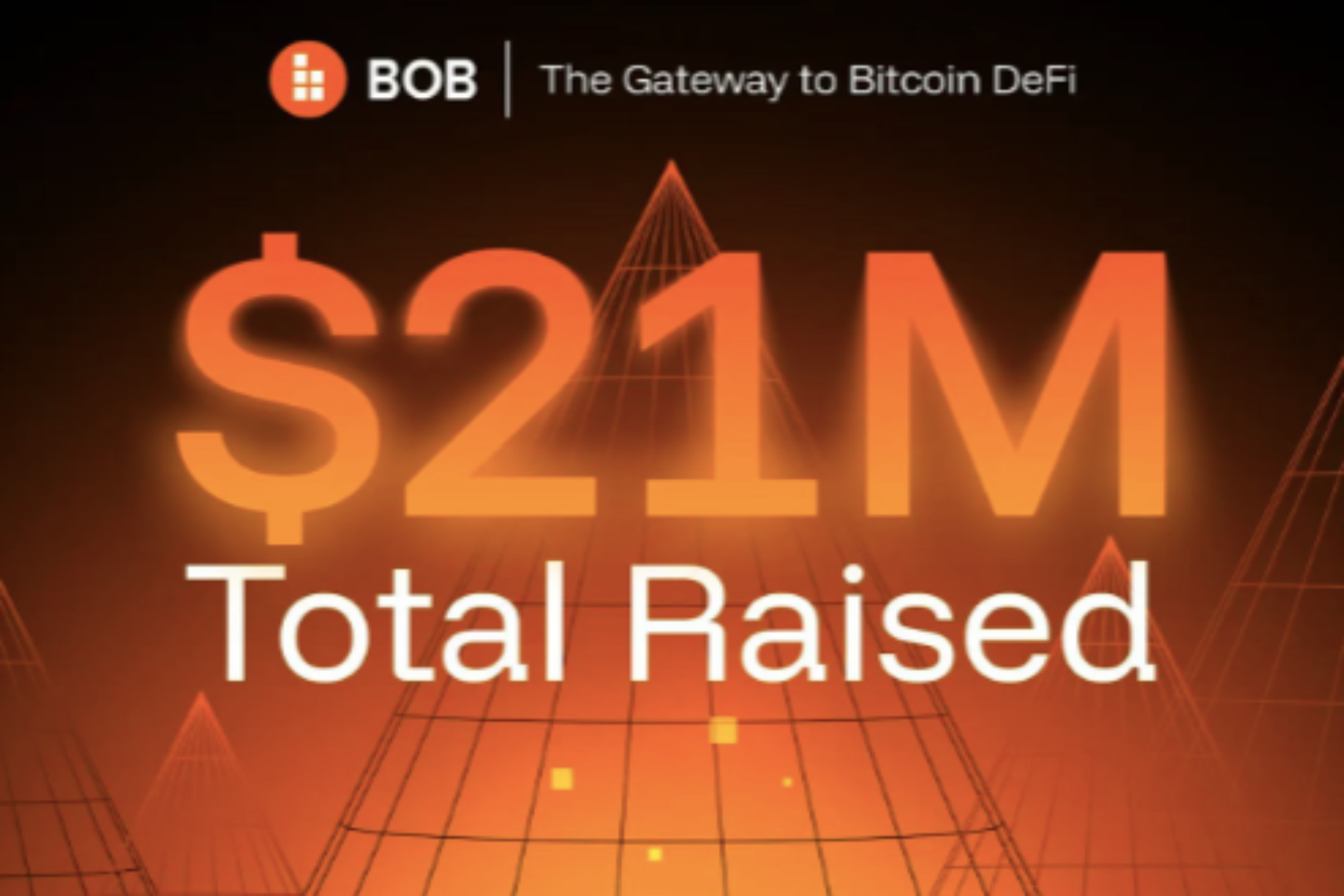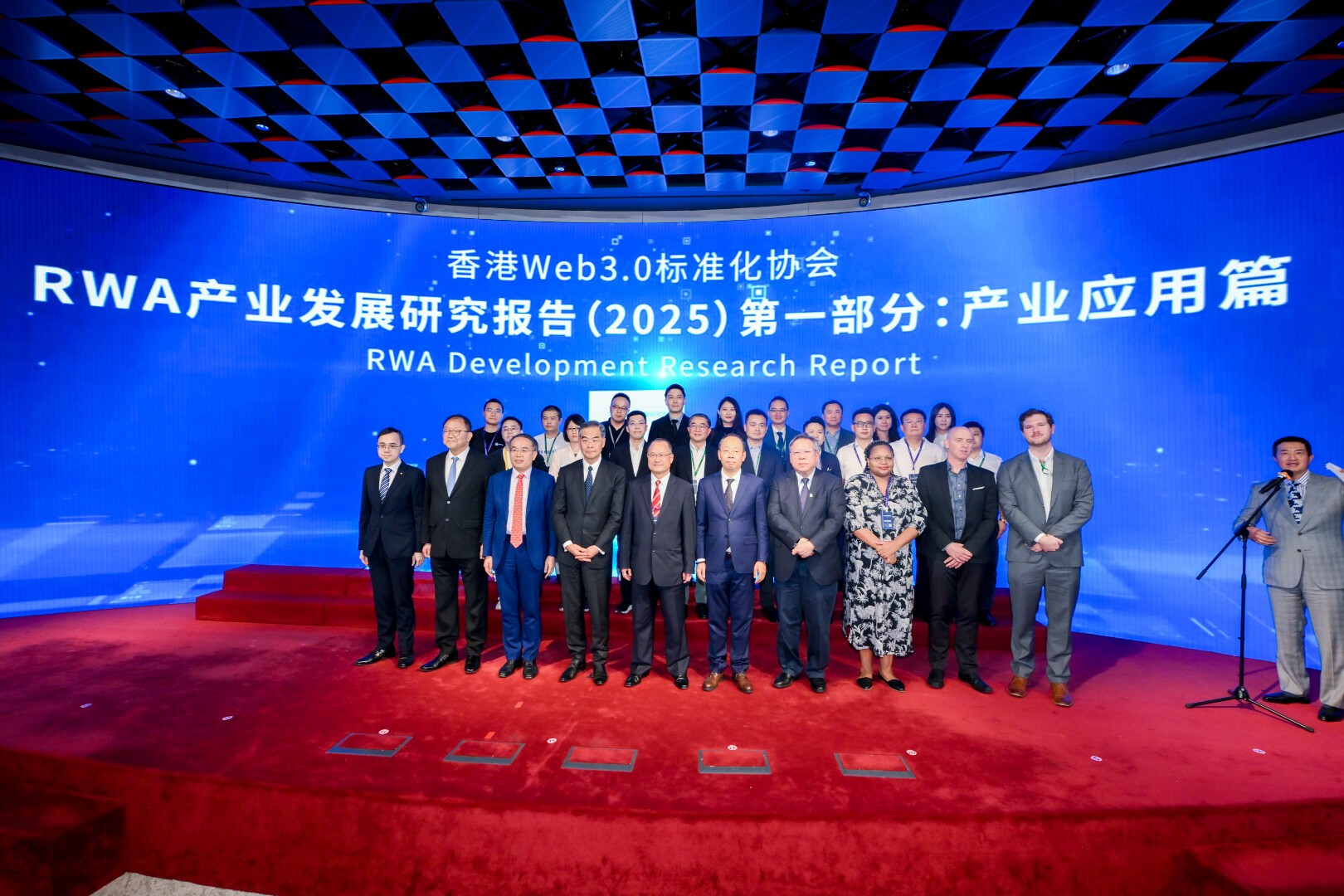
Original author: ChandlerZ, Foresight News
On August 6, 2025, a jury in Manhattan Federal Court in New York found Tornado Cash co-founder Roman Storm guilty in a criminal case. The verdict immediately sparked strong attention and reactions from the entire crypto industry.
Storm was indicted on three counts: conspiracy to operate an unlicensed money transmitting business, conspiracy to launder money, and conspiracy to violate U.S. sanctions against North Korea. After a three-week trial, the jury was unable to reach a unanimous verdict on the first two felony counts, returning a guilty verdict on the unlicensed money transmitting business charge. This charge carries a maximum sentence of five years in prison.
Tornado Cash is a non-custodial privacy tool deployed on Ethereum that allows users to scramble transaction paths through smart contracts. It uses zero-knowledge proofs (zk-SNARKs) technology to allow users to deposit funds and then withdraw them using a voucher, obscuring the source and destination of funds. Tornado Cash does not hold custody of funds, and once deployed, it cannot be altered or shut down.
In August 2022, the U.S. Office of Foreign Assets Control (OFAC) added Tornado Cash to its sanctions list, accusing it of being used by hacker groups like Lazarus for money laundering. However, in March 2025, the U.S. Court of Appeals for the Fifth Circuit ruled that OFAC had exceeded its authority, stating that smart contracts are not property and therefore cannot be sanctioned. OFAC subsequently lifted the sanctions on Tornado Cash and removed the associated Ethereum addresses. However, Roman Storm's legal woes are not over.
The verdict was announced, and the boundary between law and technology once again sparked controversy
Roman Storm is a software engineer and one of the earliest developers in the crypto industry. He is best known as the co-founder of Tornado Cash. Storm and co-founder Roman Semenov developed the project, which launched in 2019. Since its launch, Tornado Cash has attracted a wide range of users, as well as attackers, scammers, and even state-sponsored hacker groups.
After Tornado Cash's release, Storm was primarily responsible for building and maintaining the front-end interface. He also wrote technical documentation and gave media interviews to promote the project's early adoption. He publicly supported blockchain privacy technology and emphasized individual financial autonomy. In 2023, Storm was arrested by the US Department of Justice, becoming the first developer to be prosecuted in the Tornado Cash case.
The U.S. Department of Justice alleges that Storm and other developers knowingly maintained Tornado Cash, knowing it was being abused, and facilitated the anonymous transfer of funds by providing "front-end services" and promotional documentation. Prosecutors allege that organizations including the Lazarus Group used Tornado Cash to launder over $1 billion.
During the trial, prosecutors presented a photo of Storm wearing an "Anonymous Money Laundering" T-shirt, attempting to demonstrate his knowledge of the funds' use. The jury ultimately failed to reach a unanimous verdict on the money laundering and sanctions charges, and the court declared a mistrial on both counts.
After the verdict, prosecutors proposed that Storm be detained, citing his birthplace in Kazakhstan and his "flight potential." Judge Katherine Failla denied the request, arguing that Storm, a US passport holder, long-time Seattle resident, and mother of a young daughter, posed no flight risk.
Storm remains free on bail and has not yet been scheduled for sentencing. His lawyers said they plan to challenge the conviction and file an appeal.
The boundaries of developer responsibility are questioned, and the crypto industry reacts strongly.
Following the verdict, several crypto industry organizations quickly voiced their concerns, questioning the characterization of the practice as "unlicensed remittances." The controversy centers on one question: Should open-source developers bear legal responsibility for the use of their code by others?
“We regret that the jury failed to recognize that Storm had no control over the actions of third parties,” the DeFi Education Fund said on X. The organization emphasized that “software developers should have the right to write and deploy decentralized financial tools, including protocols with privacy features.”
Coin Center Executive Director Peter Van Valkenburgh also called the charges "inappropriate" and called for an immediate appeal. He said Coin Center will use all its resources to move the case to the next stage of review.
The Blockchain Association called the ruling "disappointing" and said it could have a chilling effect on all open-source software developers: "We call on Storm to appeal and stand ready to support it."
Several independent legal experts have expressed their views on the case. Brian Klein, a partner at Waymaker LLP and Storm's defense attorney, stated, "The core question in this case is whether the author can be brought to justice simply because someone else used a piece of code to commit a crime." He believes that current laws don't apply to non-custodial systems like Tornado Cash and plans to continue challenging the charges.
Alex Urbelis, general counsel at Ethereum Name Service, also noted that the jury may not have fully understood how non-custodial protocols work. He stated, “If the jury understood that Tornado Cash did not control user funds, this conviction should not have been reached.”
Whether a retrial will be the next step remains unclear, and preparations for an appeal are underway.
While the two charges that resulted in no conviction have been shelved, the case is far from over. Prosecutors have not yet decided whether to retry the money laundering and sanctions violations charges, but many predict that the Department of Justice may choose to drop these two charges given the jury's prolonged inability to reach a verdict.
Storm's response was forceful. After the verdict, he quoted Trump, saying he would "fight, fight, fight." His defense team stated that Storm would continue to fight the case in court and called on the industry to unite and confront the issue of unclear regulation.
Since taking office, Trump has tended to weaken regulation of crypto companies, leading to the dismissal or suspension of several major lawsuits earlier this year. The Storm case remains one of the few major cases still moving forward. However, prior to this case, two developers of Samourai Wallet pleaded guilty last week to charges related to unlicensed money transmission. This development has heightened the crypto industry's vigilance regarding current judicial strategies.
Jake Chervinsky, chief legal counsel at crypto investment firm Variant, noted that the conviction could provide a basis for future enforcement by the U.S. Financial Crimes Enforcement Network (FinCEN). He believes that if a developer is sentenced for writing code, it will create huge uncertainty for the entire open source community.
Storm's defense team is preparing an appeal to overturn the conviction, and organizations supporting him are reaching out to other legal experts and policy advocates to push for clearer legislative guidelines.





